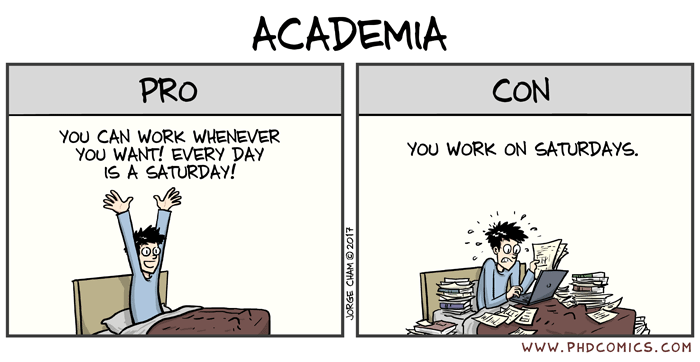July 2018

I first of all, learn to write that anger down and try to explain it. I put it at the end of my small chunk of draft. Where did I begin? Where do I want to get to? Where did I get stuck? And Why? Recording my chain of thoughts can help me to catch up next time with where I left last time. It also helps me to reflect on my logic. I sometimes find that I become angry while writing, because I’m so into my own world and simply can’t get around to find another way of arguing.
I also try to throw my writing anger outdoor, so getting some exercise done can be a good way to channel away my emotional frustration. I get some valuable time away from my office or the library, and I can enjoy some fresh air and sunshine. Often time when I get back to my writing after some exercise, I generate new thoughts and can be more sensitive to the problems in my previous writing.
If the writing anger is so annoying and I can’t cope with it myself, I seek help. I talk about it with my friends in the department, with my professors, with the Writing Center folks, and with student counselling professionals. It always makes me feel better when I know that writing anger or frustration is not a unique thing for me, but a common situation for a lot of graduate students.
We all know that we need to write, but we all have this writing anger when can’t produce the works that we need. It’s okay. It happens. The key is to find a way to put it down and don’t let it ruin your life as a graduate student and a future scholar. Do know that we’re in this journey together and we all need to learn to take good care of ourselves.
---
Mingqian Liu
Mingqian Liu is a fourth-year doctoral student in the Department of Architecture